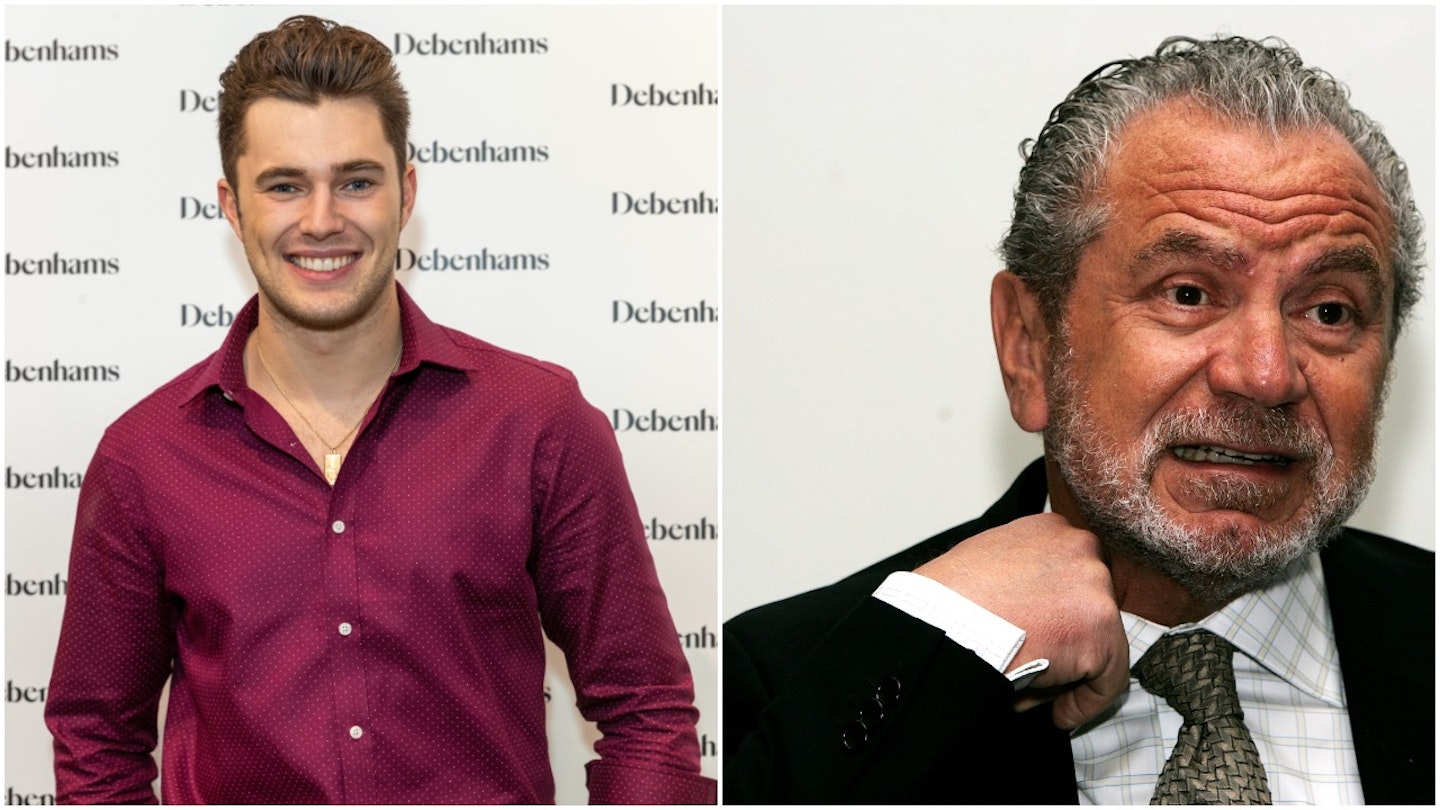The moment that someone calls me ‘young lady’ it’s 2007, I’m wearing a standard-issue Catholic school kilt and I’m about to be given detention for talking during assembly. Now I’m as nostalgic as the next person, but it’s not a feeling that I’m keen to revisit while I’m at work. Unfortunately there are still occasions where men seem to think that it’s appropriate to send professional adults spiraling back to childhood by addressing them as ‘young lady’.
Last night, during The Apprentice, Alan Sugar addressed Jemelin Artigas as ‘young lady’ in the boardroom. Admittedly The Apprentice isn’t a fly-on-the-wall documentary about the workplace, and being in the boardroom with SurAlan is a bit like being in the head teacher’s office, but the principle still stands. Why on earth would you address a person you’re potentially going to go into business with as ‘young lady’ when it’s an expression that is clearly infantilising and most often used when telling off children.
Lord Sugar and the Love Island cast have, on the face of it, very little in common. But earlier this year, Love Island’s Curtis Prichard found himself under fire for doing the exact same thing, discussing Margot Robbie by saying: ‘I’m not going to lie, she’s a very attractive young lady’. He also did it in the villa, describing both Maura and Amy as young ladies.
Curtis got a lot of flack for his choice of words online, with people all over Instagram and Twitter commenting that he sounded like an ‘old man’ and begging him to find another way to refer to the women he finds attractive. But at least his odd choice of language seems to have been motivated by a misplaced attempt at politeness. Lord Sugar doesn’t have that excuse.
When he called Jemelin ‘young lady’ he had just finished bollocking her for the (admittedly very poor) job she did as project manager of a task. He deliberately chose that language to assert himself and to make his message clear. Unfortunately that’s an experience that will be familiar to many of us who’ve worked for powerful older men. During my years temping, ‘young lady’ was a shorthand for ‘I can’t remember your name but I want you to do things for me, I’m not going to say thank you once you’ve done them but I will stare down your dress when you lean forward’.
For the avoidance of doubt, if you are describing a woman then just call her a woman. Don’t say ‘lady’ or ‘female’ and for God’s sake please don’t call her a ‘young lady’. Even if you’re attempting to be polite, it still comes across as patronising and uncomfortable. If in doubt, you could always do something really revolutionary and use the word 'person' or even her name.
